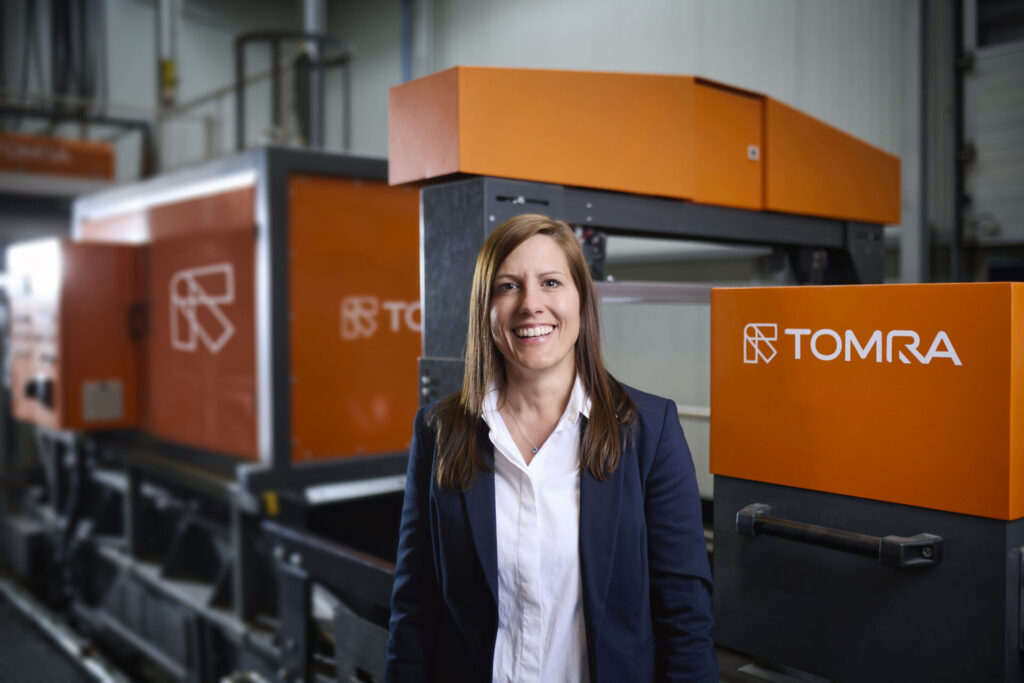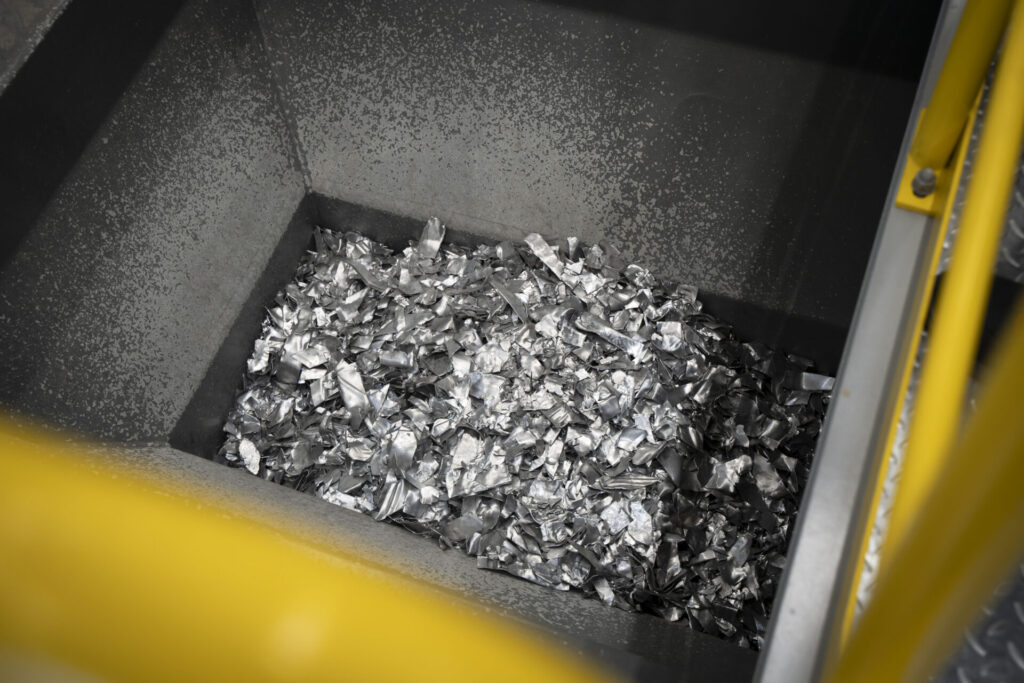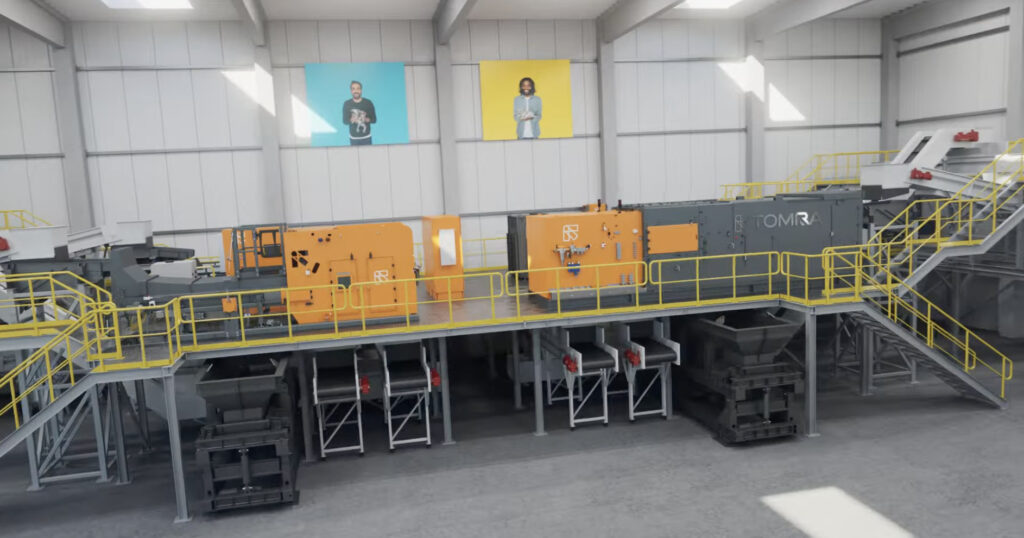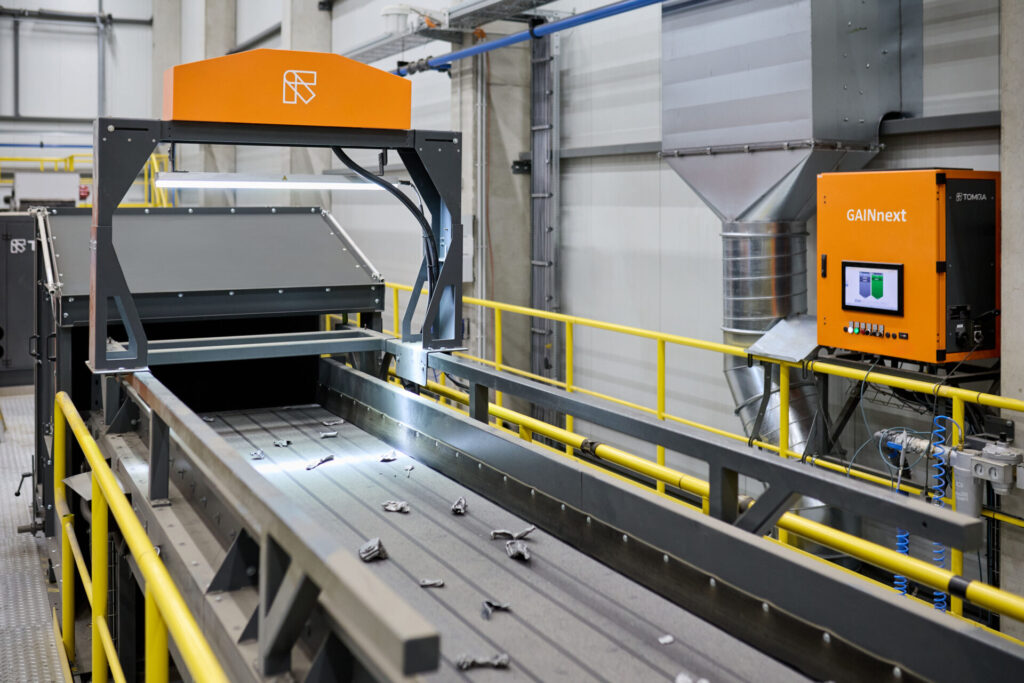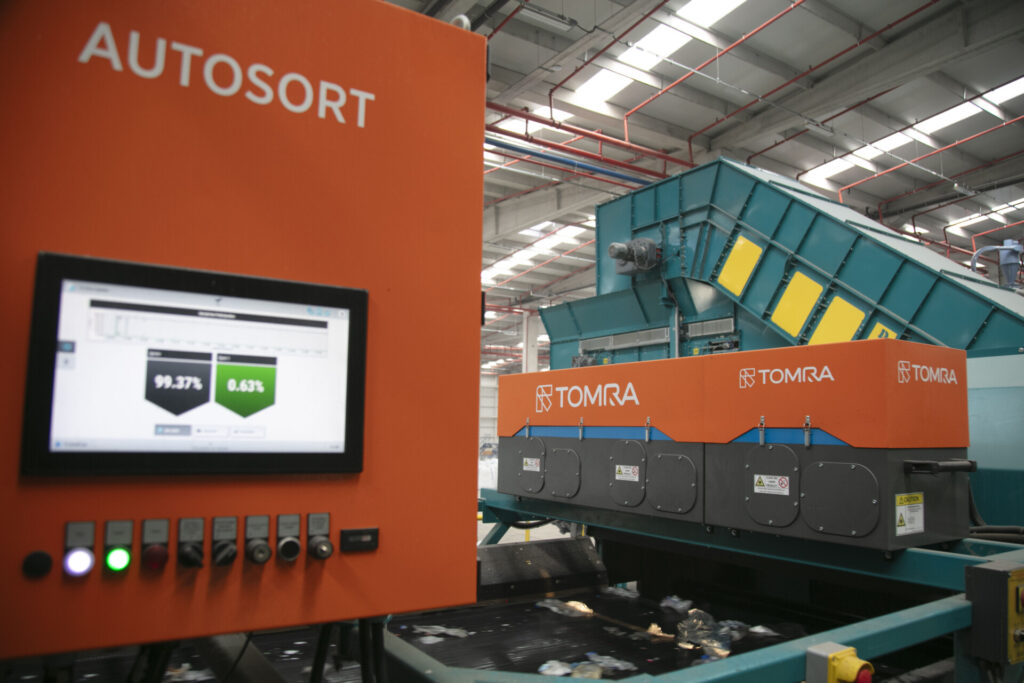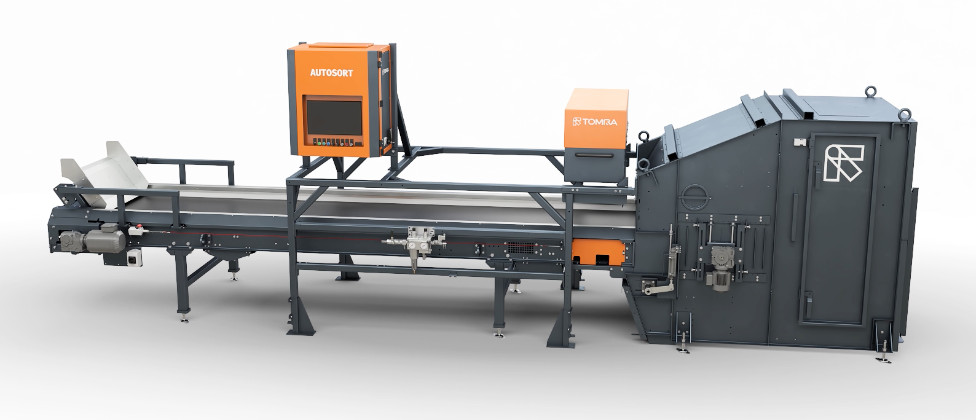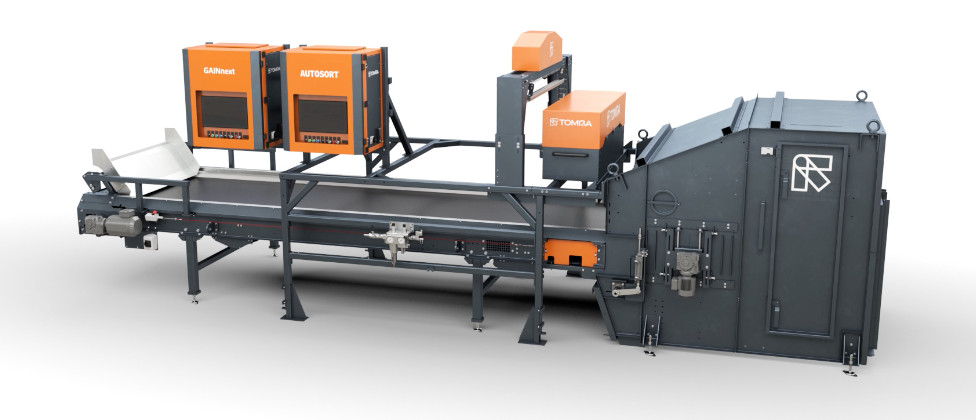TOMRA Recycling’s pioneering industry expertise continues to result in state-of-the-art machines and exceptional service within the waste and metal recycling industries.
Our goal: support our customers to optimize their sustainability and operational value. Our method: use our established and renowned industry expertise to provide state-of-the-art machines and exceptional service throughout the entire process.
TOMRA Recycling designs and manufactures sensor-based sorting technologies for the global recycling and waste management industry. Over 7,400 systems have been installed in more than 100 countries worldwide.
Responsible for developing the world’s first high-capacity near infrared (NIR) sensor for waste sorting applications, TOMRA Recycling remains an industry pioneer with a dedication to extracting high purity fractions from waste streams that maximize both yield and profits.
TOMRA Recycling is part of TOMRA Sorting Solutions which also develops sensor-based systems for sorting, peeling and process analytics for the food, mining and other industries.
TOMRA Sorting is owned by Norwegian company TOMRA Systems ASA, which is listed on the Oslo Stock Exchange. Founded in 1972, TOMRA Systems ASA has a turnover of around €985m and employs ~4,300 globally.



